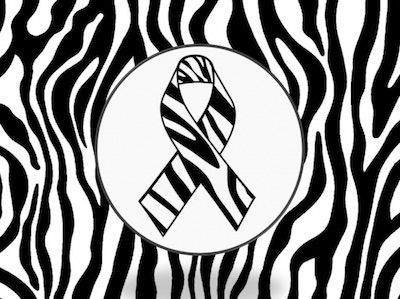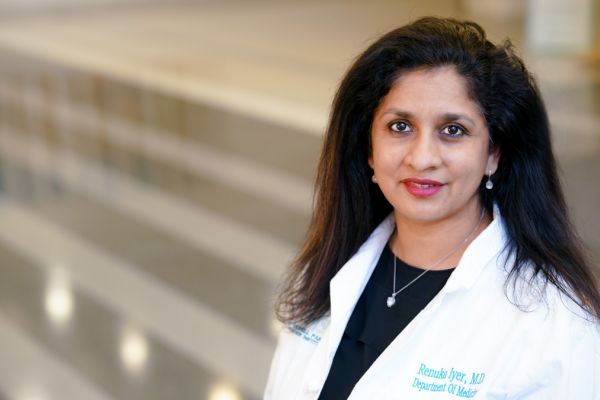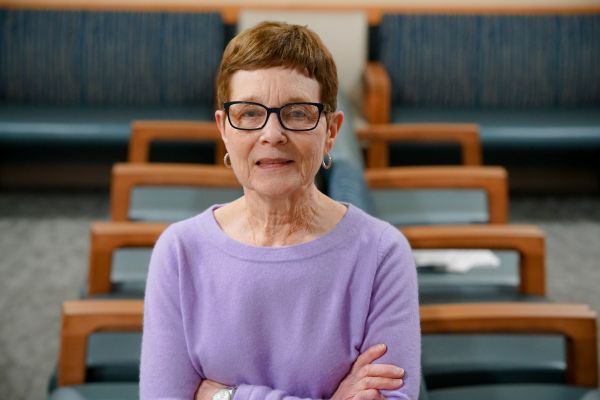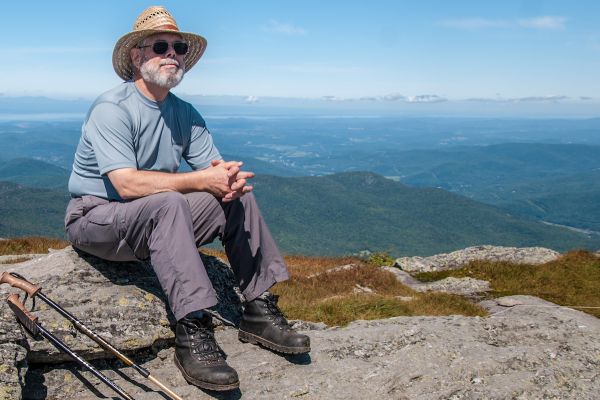If you heard hoofbeats, what animal would you think of? A horse, right? It's the most obvious answer. Unfortunately, in the medical world, not all diagnoses are horses or the most likely possibility, and sometimes physicians need to look for the zebra — the less likely scenario when making a diagnosis. In the cancer world, neuroendocrine tumors are the zebras. Represented by this analogy because of their rarity, neuroendocrine tumors make up just 2% of nationally treated cancers.
Neuroendocrine tumors can originate anywhere within the body and are difficult to detect, often remaining undiagnosed for quite some time. They tend to be slow-growing, and patients often don't realize the tumor is present because symptoms are most often mistaken for signs of other ailments. For example, an individual may develop abdominal pains from a bowel obstruction caused by a neuroendocrine mass and be treated for the gastrointestinal symptoms, while the tumor remains unnoticed and untreated.
Patients who have suffered through such a dilemma will come to us down the line and ask: Why did my doctor not diagnosis this sooner? The answer: it's an extremely rare cancer.
Here at Roswell Park Comprehensive Cancer Center, we have a dedicated, multidisciplinary team that focuses on treating these tumors. We know what to look for and what testing to do. We actually are able to help patients live a long time– sometimes decades –even patients with late-stage neuroendocrine cancers. Advances in a variety of fields have helped us to understand these cancers much more. We can now create long-term treatment plans that offer a smooth and healthy recovery.
The goal of treatment is two-fold. The first is locating the tumor and removing as much as possible. The second is identifying and controlling what hormonal problems the cancer could cause. These tumors have their roots in hormonal changes, so managing these problems successfully is critical in treatment.
Regrettably, despite years of research, there exists no textbook remedy for managing these cancers. Our staff's experience in treatment and knowledge of emerging new and better treatments has allowed us to succeed in combating these rare and elusive tumors. We are very proud that a large group of us at Roswell Park has remained dedicated to understanding these tumors and being aware of and involved in leading new clinical trials and research of neuroendocrine cancers.
Like all cancers, especially in current times, addressing neuroendocrine cancers is really a journey from being a patient to being a survivor — becoming someone who has taken their cancer and learned to live with it, run with it, and make the most of life while fighting. We are here to help anyone become that kind of survivor, and I believe our patients appreciate it quite a bit. It is something I am honored to be a part of.
Roswell Park NET Biobank
The Roswell Park NET Biobank is a unique resource dedicated to advancing the field of neuroendocrine tumor management through molecular and genetic research.




